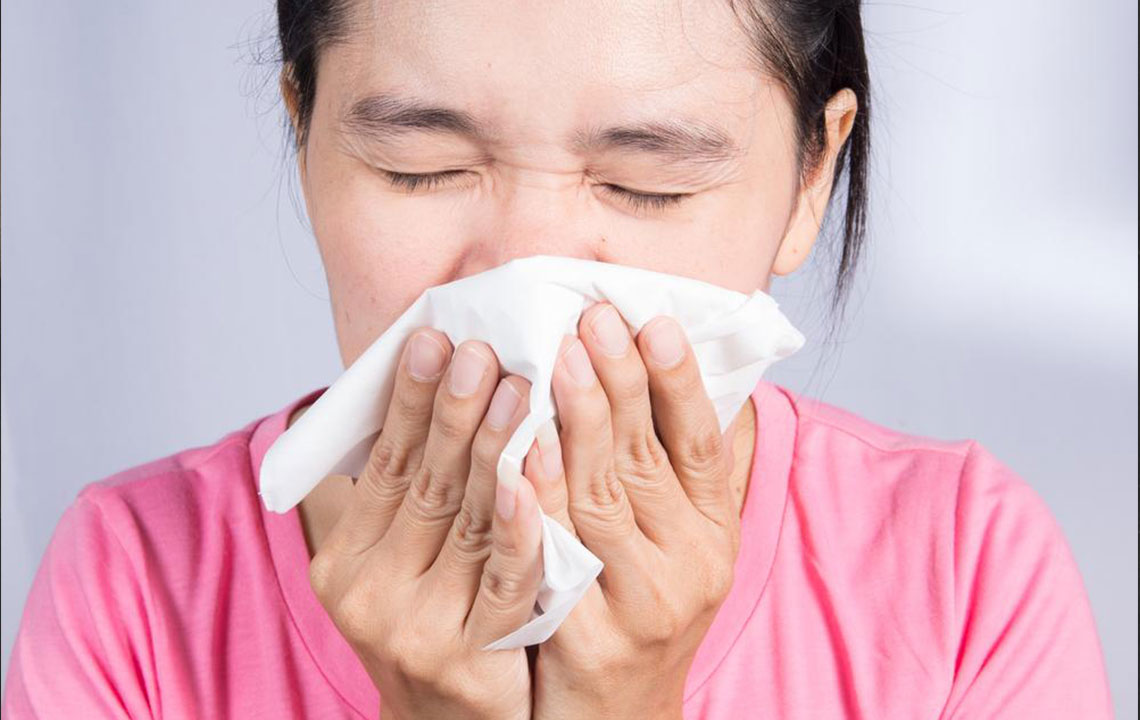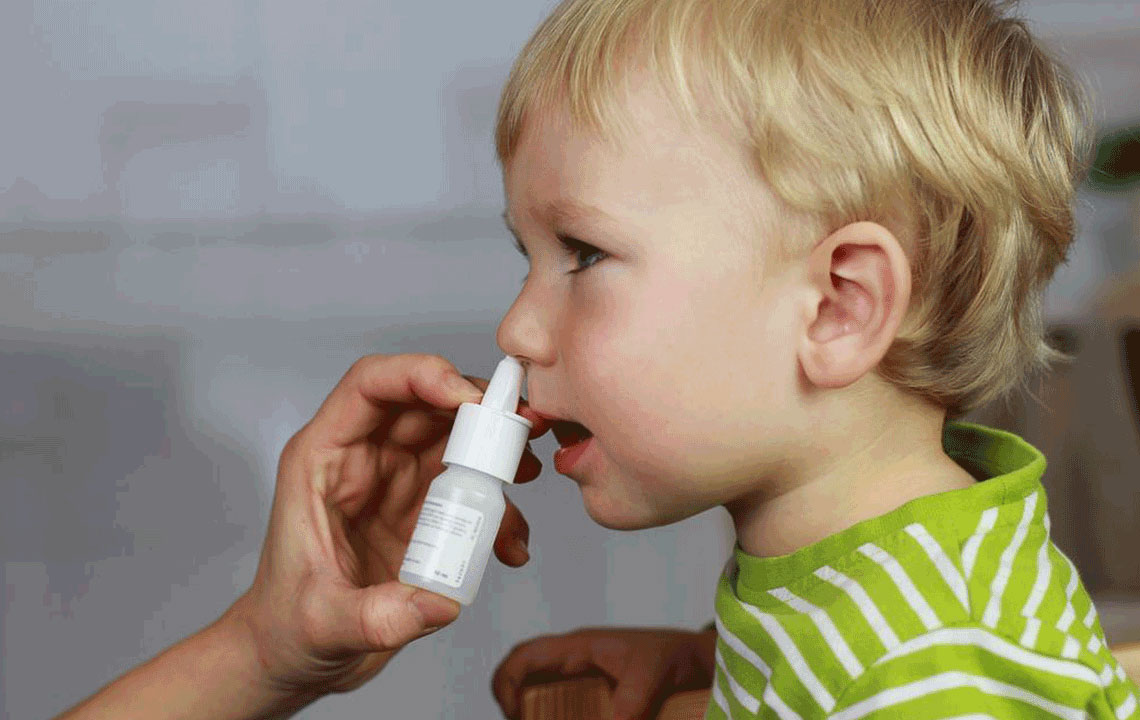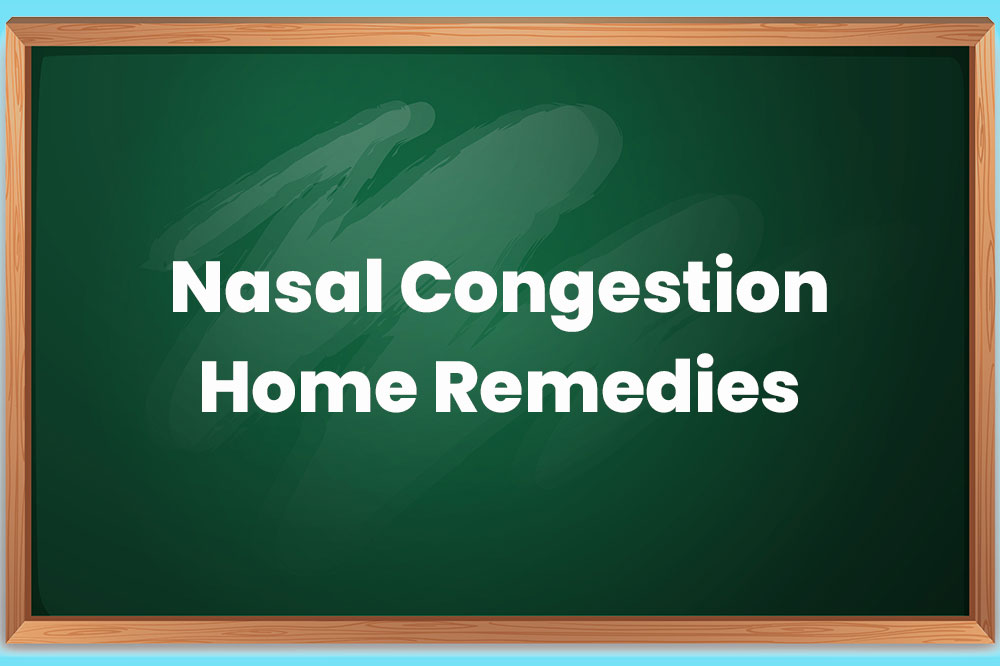Comprehensive Guide to Relieving Nasal Congestion Naturally and Effectively
This detailed guide covers effective natural and medicinal strategies to relieve nasal congestion. From steaming and saline nasal rinses to medications and allergy management, learn how to breathe freely again with practical tips and safe remedies tailored for quick relief and long-term comfort. Perfect for those seeking comprehensive solutions to nasal blockage issues.

Effective Techniques for Alleviating Nasal Blockage
Nasal congestion, commonly known as nasal blockage, is a prevalent health issue that affects millions of people worldwide. This condition can cause significant discomfort, making breathing difficult and leading to other related symptoms such as sinus pressure, headaches, and fatigue. The causes of nasal congestion are numerous, including colds, allergies, sinus infections, and environmental irritants. When the nasal passages become inflamed or swollen due to the presence of allergens or infections, airflow is restricted, resulting in difficulty breathing through the nose. Understanding the underlying causes allows for targeted relief and better management of symptoms.
Nasal congestion often associates with other symptoms like a runny nose, sneezing, cough, and sometimes fever. These symptoms can interrupt daily activities and diminish quality of life if not addressed effectively. Fortunately, there are numerous safe and natural ways to alleviate nasal congestion, alongside over-the-counter medications. This comprehensive guide will explore various methods, home remedies, and precautions to assist individuals in easing nasal blockage efficiently.
To effectively manage nasal congestion, it is essential to adopt multiple strategies tailored to the severity and cause of your condition. From simple lifestyle adjustments to specific home remedies and medicinal options, this article will cover all aspects necessary for breathing comfortably again.
Humidify Your Environment: Using a humidifier adds moisture to dry indoor air, preventing nasal passages from drying out. Maintaining proper humidity levels is crucial to keep the nasal mucosa moist and functioning optimally, reducing irritation and congestion.
Steam Inhalation: Inhaling steam from a bowl of hot water is one of the most effective immediate remedies for nasal congestion. Adding essential oils like eucalyptus, peppermint, or tea tree oil can enhance the decongestant effect and provide additional relief due to their antimicrobial and anti-inflammatory properties.
Stay Hydrated: Drinking plenty of fluids is vital during cold and allergy seasons. Proper hydration helps thin mucus, facilitating easier drainage from the sinuses and reducing congestion. Warm beverages like herbal teas, broths, or warm water with lemon can soothe irritated nasal passages.
Saline Nasal Sprays and Rinses: Saline sprays help keep the nasal mucosa moist and flush out irritants, allergens, and mucus. Devices like neti pots or bulb syringes, filled with sterile or distilled water mixed with salt, allow for gentle nasal irrigation, providing significant relief from blockage and improving sinus health. It is important to use sterile water to prevent infections.
Warm Compresses: Applying a warm, damp towel to the face over the sinus areas can increase circulation, reduce inflammation, and relieve pressure, easing congestion symptoms.
Elevate Your Head: Sleeping with your head elevated by pillows helps prevent mucus buildup and facilitates easier breathing. Raising the head position discourages nasal congestion from worsening overnight.
Over-the-Counter Medications: Common medications like decongestant sprays and pills can provide quick relief. Nasal sprays containing phenylephrine or oxymetazoline effectively open nasal passages but should be limited to no more than three days to avoid rebound congestion. Oral decongestants such as pseudoephedrine and phenylephrine can reduce swelling in nasal tissues.
Adapting Home Remedies: Consuming hot liquids like peppermint tea, spicy foods, and hot soups with chili or pepper can help thin mucus and open airways. Aromatherapy inhalers with menthol or eucalyptus can provide quick relief from nasal congestion. Always exercise caution and use these remedies responsibly.
Special Considerations for Allergies: If allergies are the culprit, antihistamines like loratadine, cetirizine, or fexofenadine can significantly reduce sneezing, runny nose, and nasal swelling. Identifying and avoiding triggers, such as dust, pollen, or pet dander, is also crucial in preventing recurrence.
When to Seek Medical Advice: Persistent or severe nasal congestion may require consultation with a healthcare professional. Conditions like sinusitis, nasal polyps, or deviated nasal septum might need specialized treatment, including antibiotics, prescription sprays, or surgical intervention.
In conclusion, managing nasal congestion requires a combination of home remedies, lifestyle adjustments, and, when necessary, medicinal intervention. Regularly practicing good hygiene, staying hydrated, and using safe relief methods can significantly improve breathing comfort. Always follow recommended guidelines when using over-the-counter medications, and consult a healthcare provider for persistent symptoms. Effective treatment can restore nasal airflow, reduce discomfort, and improve overall wellbeing.





